Key Takeaways
- Mario Party has introduced and dropped unique features across entries, such as Candy in MP8 and Costumes in MP2.
- Mario Party Jamboree brings back familiar elements like the buddy system and introduces exclusive items to new boards.
- Innovative features like Capsules (MP5) and Mic Games (MP6) added depth and variety to the Mario Party series.
The Mario Party series has delivered distinct experiences over the course of its evolving entries. The series welcomed different innovations for a family-friendly party, including new modes and formulas. However, some extra features only made one appearance before being left out of future games, not given enough time to prosper.
Mario Party Jamboree is the most recent entry bringing new features, including items exclusive to the new boards. It even brings back some familiar additions, like the buddy system and traps. This doesn’t return everything, leaving some features trapped in the previous entries for now. Whether the forgotten features will be reintroduced into a modern Mario Party is entirely up to chance.
7:09
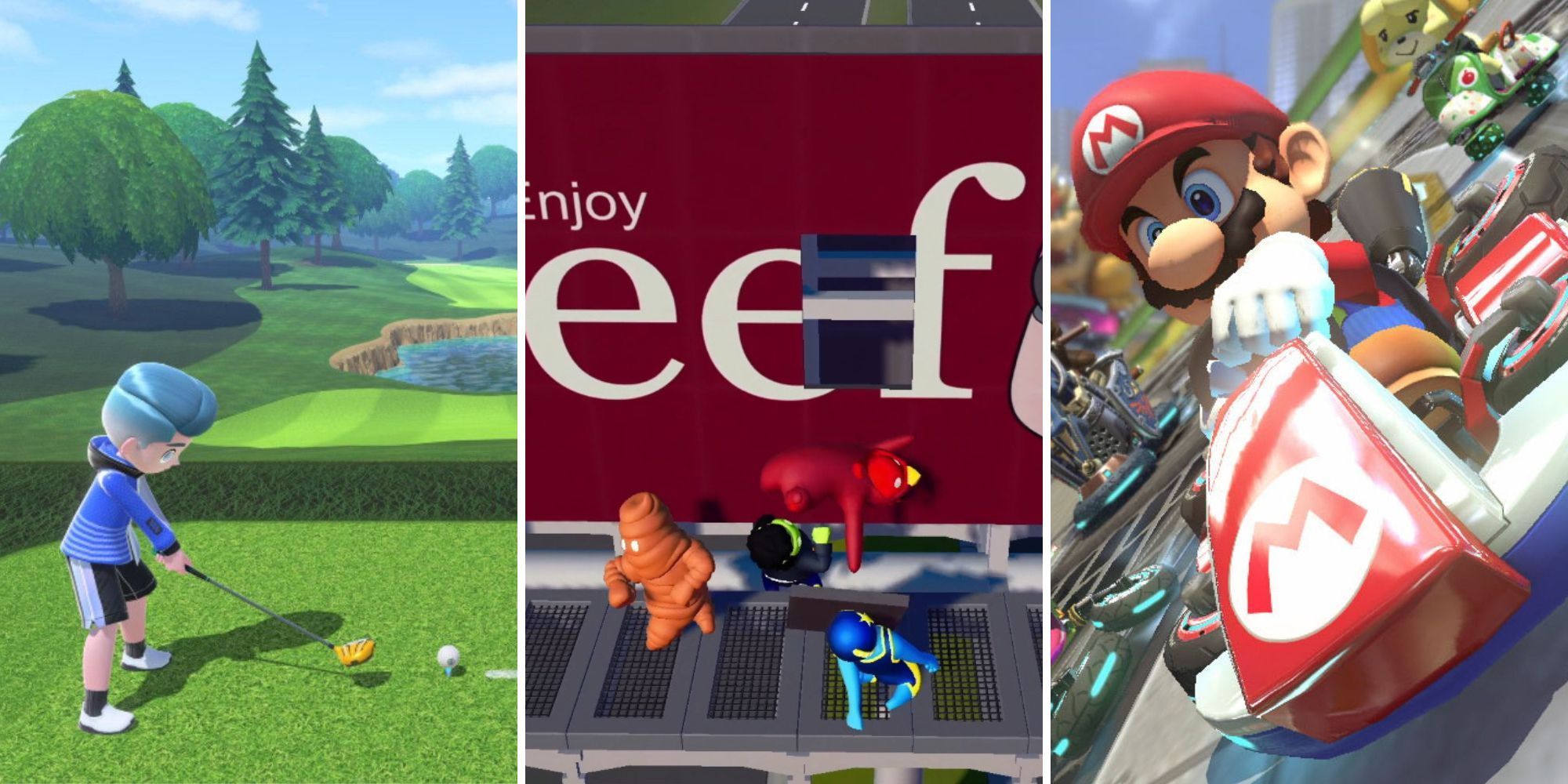
Related
16 Best Party Games On The Nintendo Switch
Nintendo has always created some great party games, and the Switch is home to some of the best.
9 Mario Party 9: Driving As A Team
Road To Victory
Vehicles replaced the traditional formula in MP9. Instead of players moving separately, everyone drove together in a vehicle. Each vehicle changes for each board, such as a Toad Mobile, King Bom-omb Bus, or a Magic Carpet.
It follows the same rotation cycle between four players, letting each drive the vehicle as a captain. This new method changes the original goal, making players collect mini-stars rather than power stars. They must strategically look ahead and set the way for other competitors to lose their mini-stars. The boards had more open crossroads designed with several bad events, like mini-ztars and Bowser Jr. spaces.
8 Mario Party 8: Candy
Sweet Utility
Candy was a main mechanic for Mario Party 8 for characters to use assortments of items. Using a candy would empower or transform the character into another form. There were four types of candies:
- Red candy: power-ups for special dice.
- Green candy: used a roulette wheel to activate effects.
- Yellow candy: used transformation to benefit the player.
- Blue candy: used transformation to directly harm any observing competitors
These transformations would range from 8-bit to bowling balls to even Bowser himself. Each character had their own unique forms when using candies, making them more expressive and distinct.
7 Mario Party 2: Costumes
Expressive Fashion
Costumes were a special addition in MP2 that made the boards more engaging with their themes. The six playable characters had costumes for each board, including cowboys, explorers, wizards, astronauts, and pirates. The party automatically wore the appropriate outfit rather than choosing the outfit for a different board.
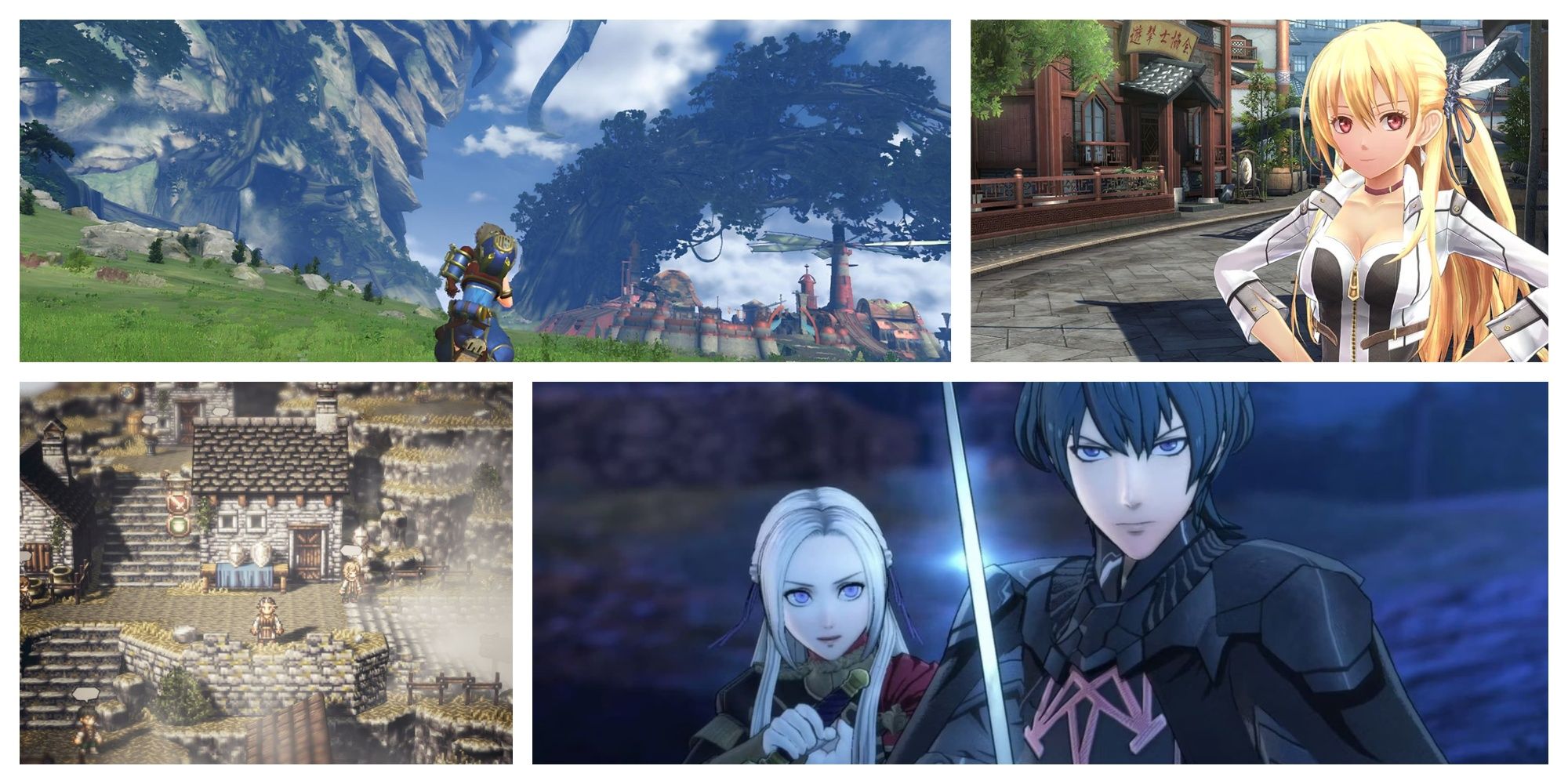
Related
Best JRPGs That Focus On Party Customization
JRPGs are known for having tons of customization options for players and their companions. Here are some titles with a focus on party customization.
After the final results, the chosen superstar will take the lead to settle the villainous Koopa King. The only board that doesn’t have a special costume is Bowser’s Land, which makes the characters wear their usual clothes.
6 Mario Party 3: Duel Boards
Party For Two
Duel Boards were special boards that pit two characters against each other on unique boards. Rather than collect stars, the objective is to diminish every heart from the opponent. Each board is designed a bit smaller than normal boards, making it easier for competitors to loop around to target each other.
Players even have duel partners to assist them with taking hearts. Each character starts with their assigned default partner, though they can find others on the board to replace them. Each partner has varied prices to pay, or else they leave the player. The game ends after 20 turns or when one player loses all their hearts.
5 Mario Party 10: Bowser Party
Reigning King
Bowser Party was an exclusive mode for players to feel King Koopa’s envious rage. This mode makes four players team up against a larger, playable Bowser that chases for their lives. It’s also the only Mario Party game that allows up to five players to band together in one match.
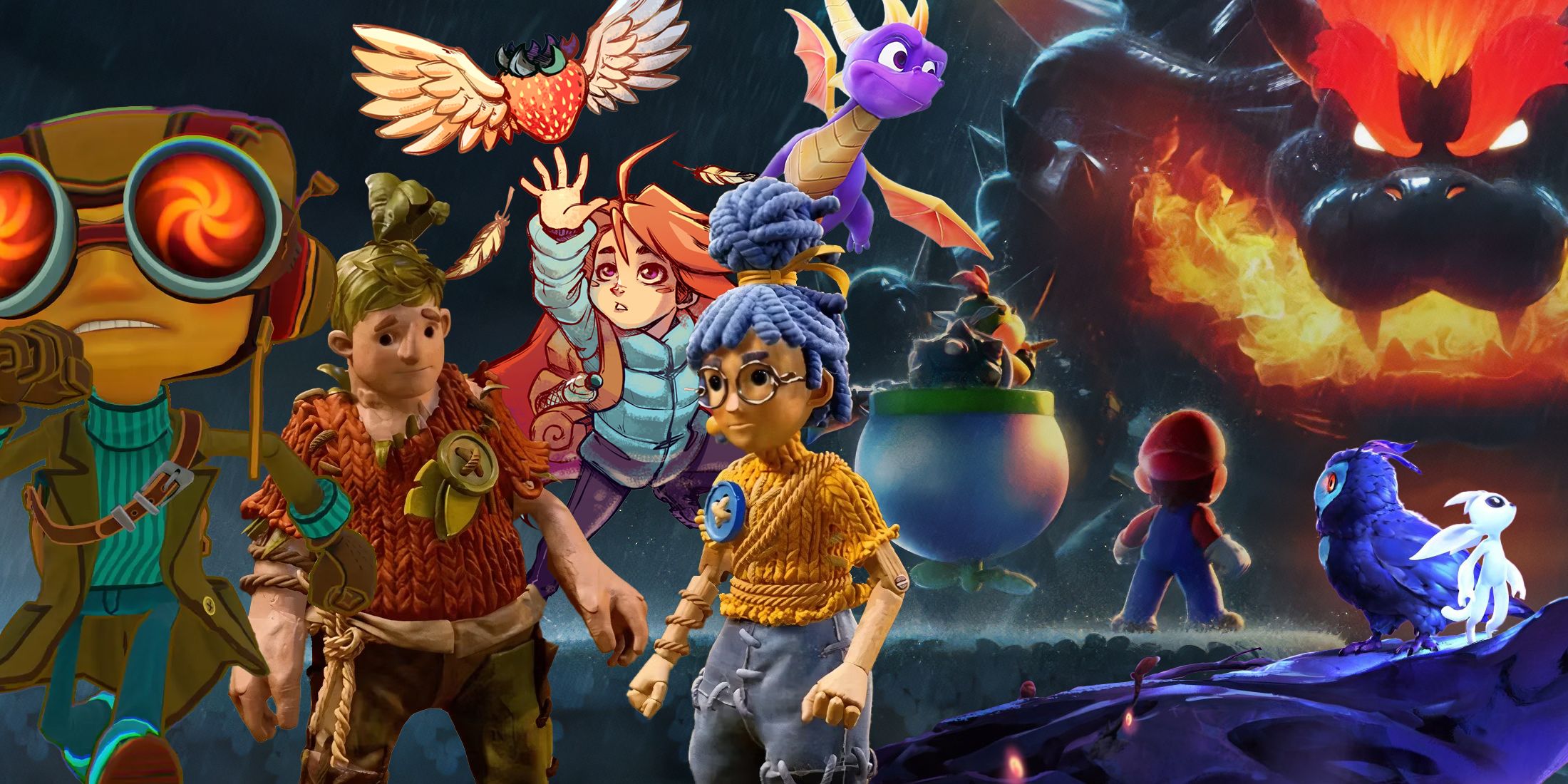
Related
15 Xbox Games That Are Like Super Mario 3D World + Bowser’s Fury
Xbox fans wanting to experience something like Super Mario 3D World + Bowser’s Fury should check out these 15 great games.
The team has to maneuver across the board, dodging any harmful spaces that could hinder the team or buff Bowser’s movement. Several moments slow the team down like bosses or Bowser’s traps at multiple crossroads.
4 Mario Party 5: Capsules & Orbs
Changed The Game Of Item Management
Mario Party 5
Mario Party 5 changed the series’ item management aspect with capsules. Players could get these for free from shops, capsule machines, and capsule spaces. Items were locked within capsules that could only be used after paying their fee. Another way to activate them is by throwing them at a space. From there, anyone could land on that spac for free to utilize its benefits or punishment.
The later entries would change the capsules to orbs with some notable changes. They could still be obtained for free at orb spaces, though they were priced at shops. They had no activation fee and introduced character spaces, which only activated for competitors rather than everyone.
3 Mario Party 6: Mic Games
Taking Advantage Of One GameCube Feature
Mario Party 6
Microphone minigames were introduced in Mario Party 6 to utilize the Gamecube microphone. There were seven minigames in total, but only five of them were for four players, while the remaining one was single player. Turning on the mic option made the party mic games playable during a normal party match.
7:03
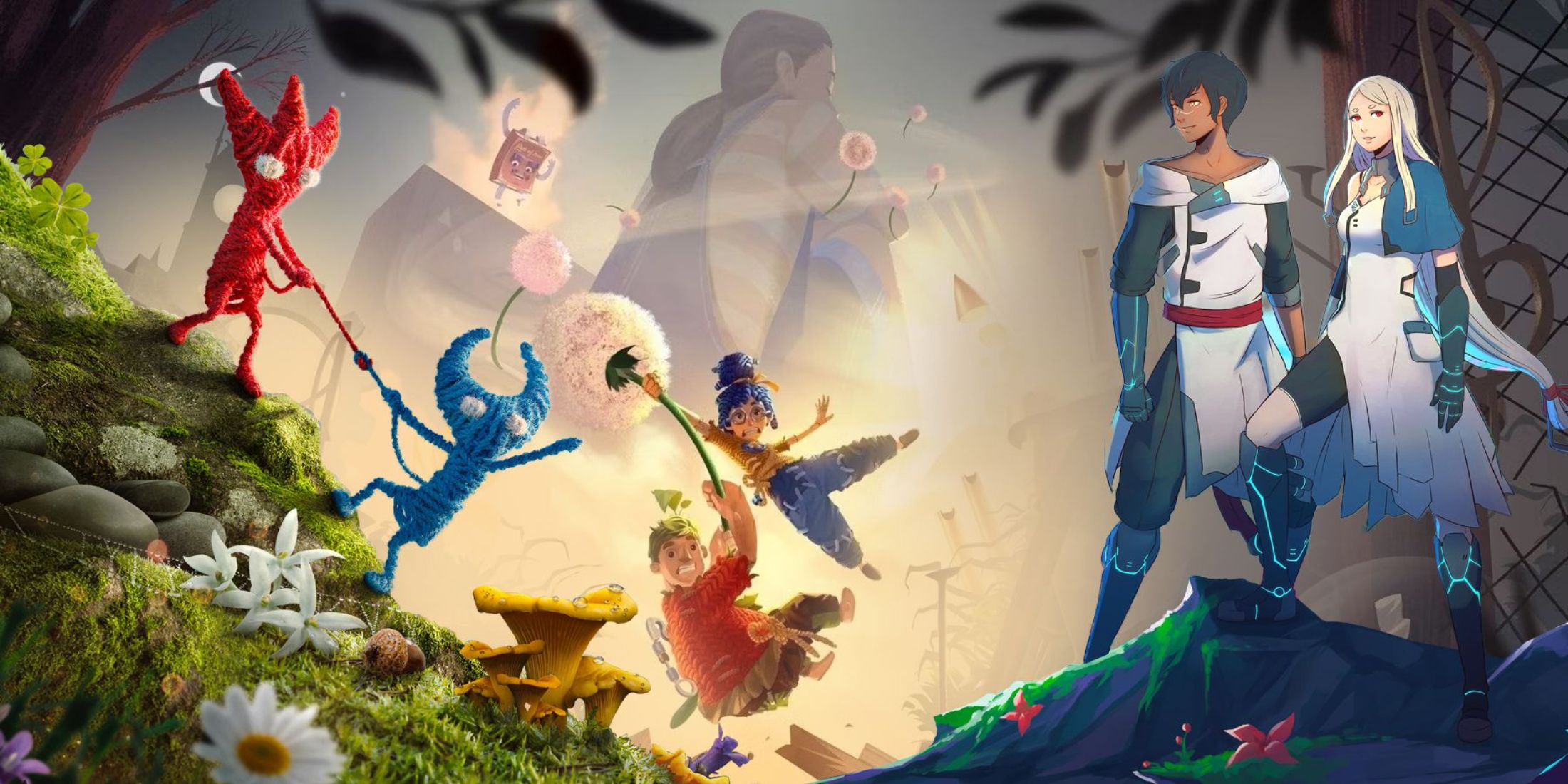
Related
Best Cooperative Games Perfect For Date Nights
Games can be a great social outlet, and these co-op games, in particular, are the perfect addition to a fun date night.
The “Mic Space” was a unique space in Mario Party 7 that tried to implement an innovative approach during a party match. Landing on this space would make the player wager coins and open a simple mini-game that involved a microphone. After saying the names of the right fruit, the player is rewarded with double the wagered coins.
2 Mario Party 5: DK Spaces
Going Bananas
In the games in which it appeared, finding a DK Space was one of the rarest occurrences in a match other than a hidden block. It could greatly influence the match advantage for anyone. In its introduction in Mario Party 5, Donkey Kong hosted three types of opportunities:
- DK Bonus: Rewards coins based on the player’s upcoming dice roll.
- DK Minigame: Rewards everyone with coins based on collected bananas from a minigame.
- DK Roulette: Rewards a possible star after challenging DK to a dice roll.
These options would slowly diminish to only DK minigames and certain event spaces within future entries. It wasn’t until after Mario Party 9 that Donkey Kong would officially rejoin the Mario Party roster, leaving his special DK space behind.
1 Mario Party 3: Game Guy
One Man Party
Game Guy was one of the rarer spaces, and was only included in Mario Party 3. Landing on the space summoned Game Guy to host a one-player mini-game for the user. After he takes the user’s coins, he’ll start one of four minigames at random: Game Guy’s Lucky 7, Game Guy’s Magic Boxes, Game Guy’s Roulette, or Game Guy’s Sweet Surprise.
Some of these games can multiply the user’s coins by up to 32 times. It was a rare chance to get a great reward.
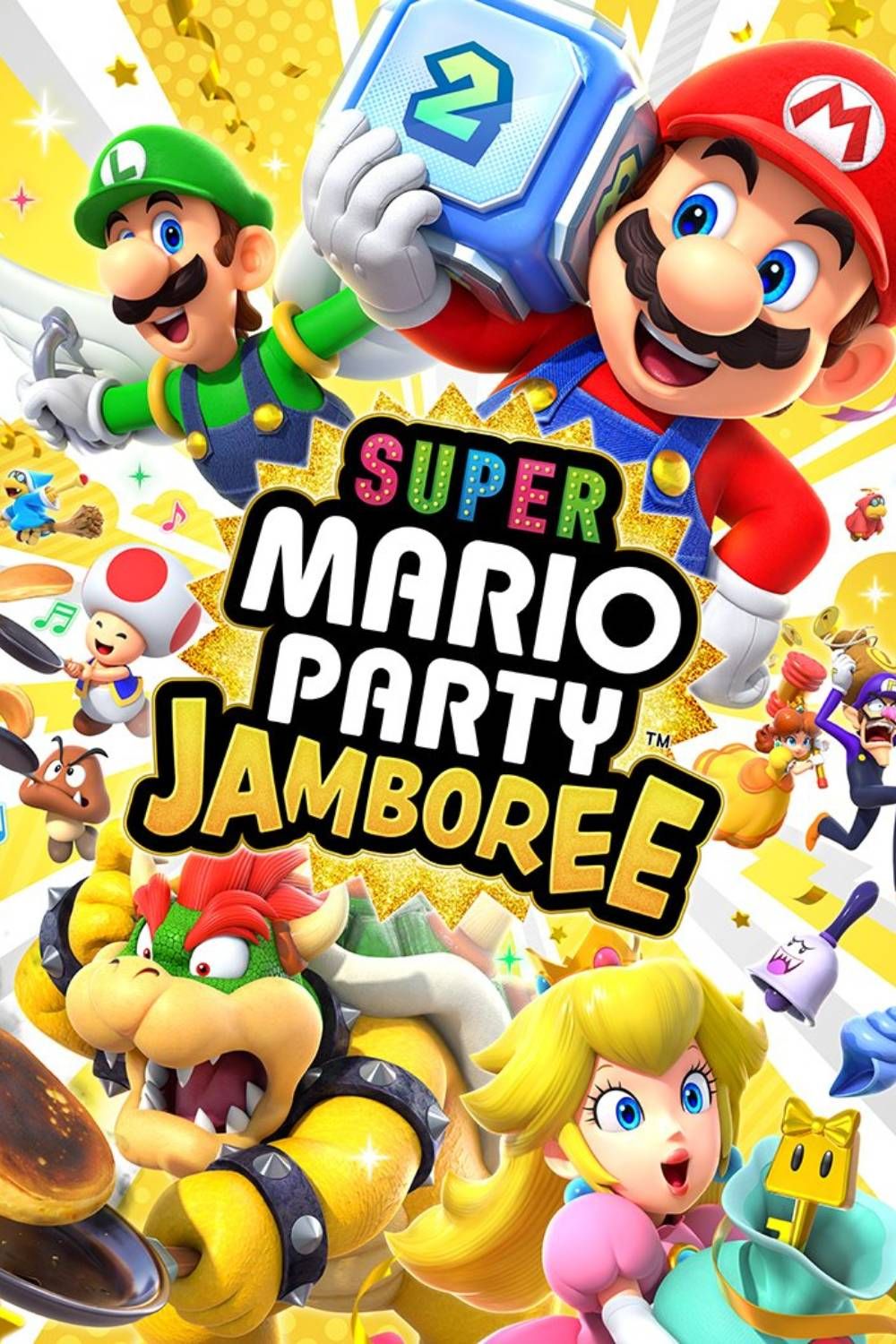
- Released
- October 17, 2024
- Developer(s)
- Nintendo
- Publisher(s)
- Nintendo
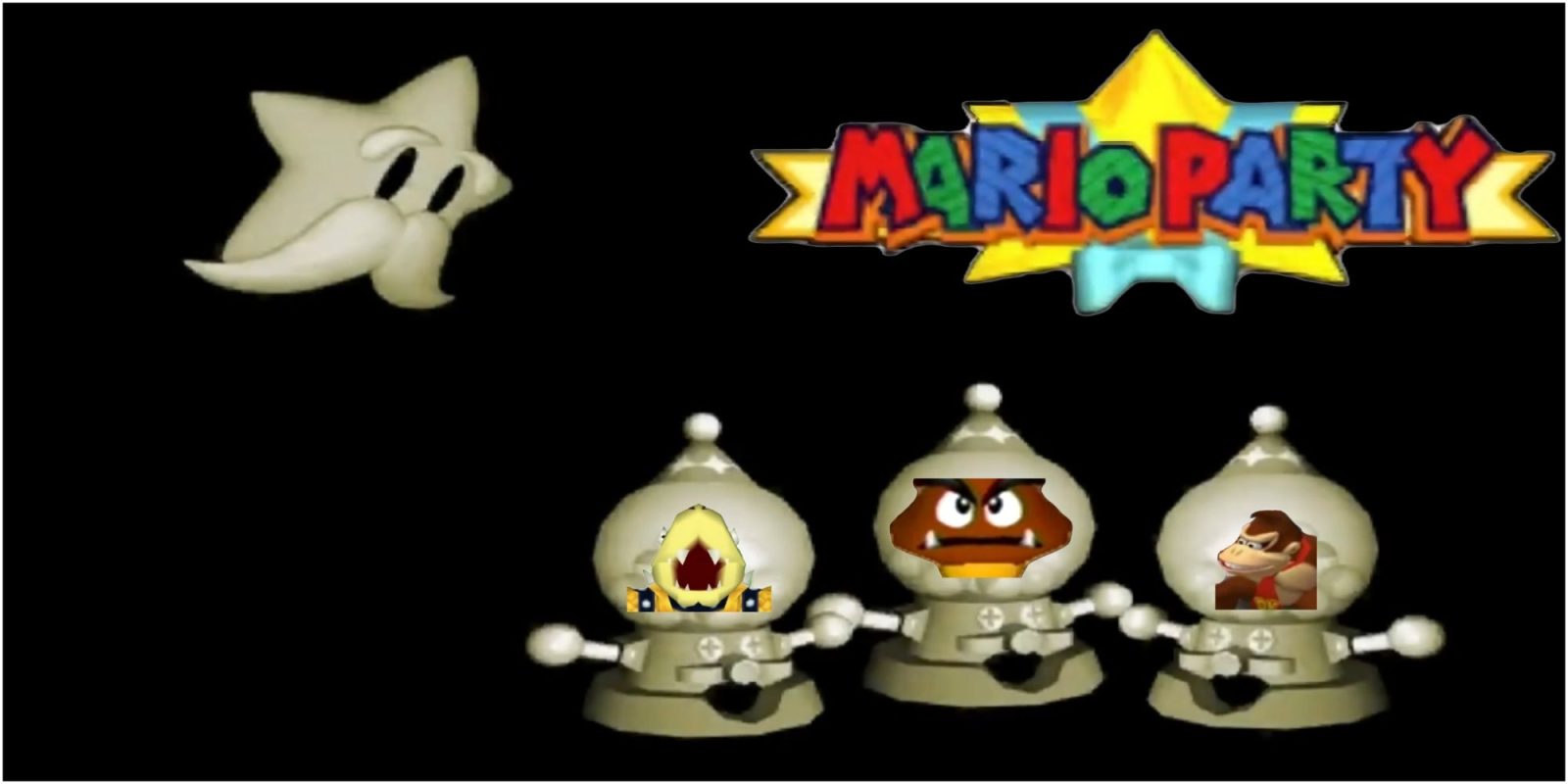
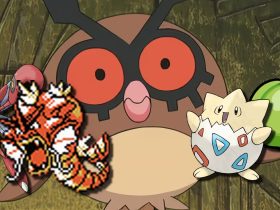
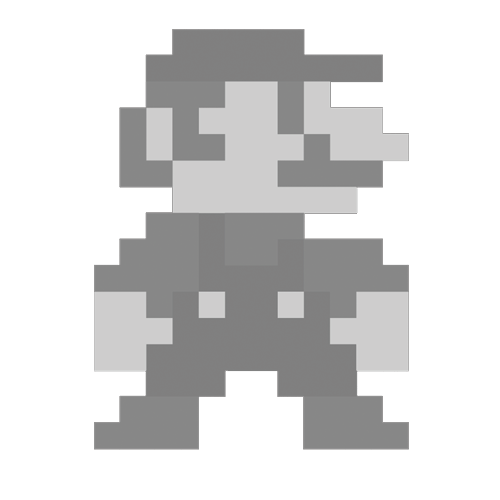



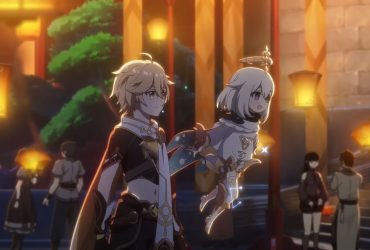
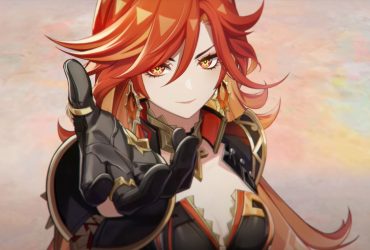
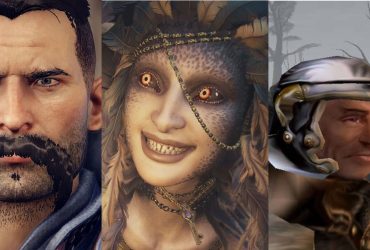
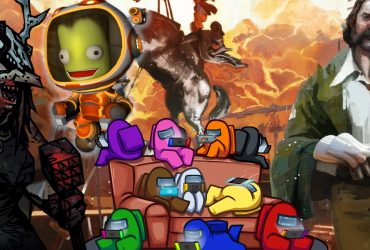
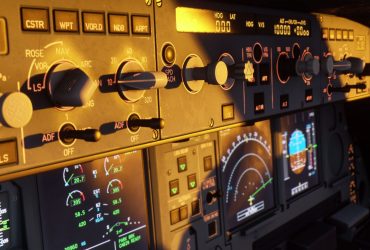
Leave a Reply